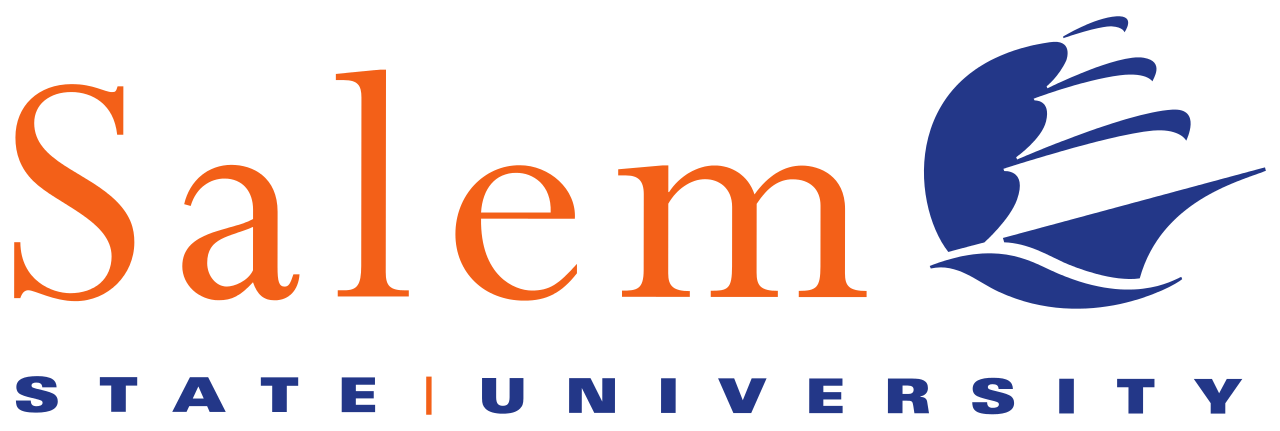James M. Noonan, Ed.D.
Assistant Professor of Education
Salem State University
Salem, MA 01970
Contact
Blog Posts
Blog posts by month
- January 2019 (1)
- August 2018 (1)
- June 2018 (1)
- May 2018 (1)
- December 2017 (1)
Copyright © 2024 The President and Fellows of Harvard College | Accessibility | Digital Accessibility | Report Copyright Infringement

